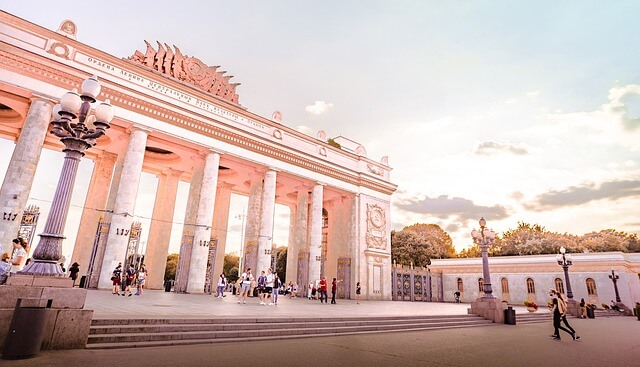Four girls including the author of this article collect their experiences from a long-term stay in Croatia and compare them with life in Russia. Three of us are from Moscow, one is from Saint-Peterburg. Two of us have lived in the biggest Russian cities since they were born, two moved from a little town in Siberia and the capital of Kyrgyzstan (ex-USSR). The girl who arrived first spent more than a year in Croatia. The girl who arrived last spent 6 months here. Dana, a project manager, (27) and Daria, an IR-specialist and human rights activist, (28) are based in Zagreb, while Nellia, an English teacher, (25) and Anastasia, a journalist, (25) live in Split.
The Weather
“The weather is great. I’d like to live here all the time,” Daria living in Zagreb says. In comparison with average temperatures in the big cities in Russia, the weather in Croatia is much warmer and a lot sunnier. In Split, we have an even better perspective, because here we enjoy all the benefits of a Mediterranean climate favorable to health and good mood as well. But on the Croatian coast, there are a lot of winds, it’s much stronger than in Moscow. When the temperature in Split is + 2-3°C degrees above zero and the ‘bura’ blows, the cold north-eastern wind from the Velebit mountain chain, it feels colder than – 10°C degrees and no wind in Moscow on the same say! For example, I remember exactly such a situation on 26 January.
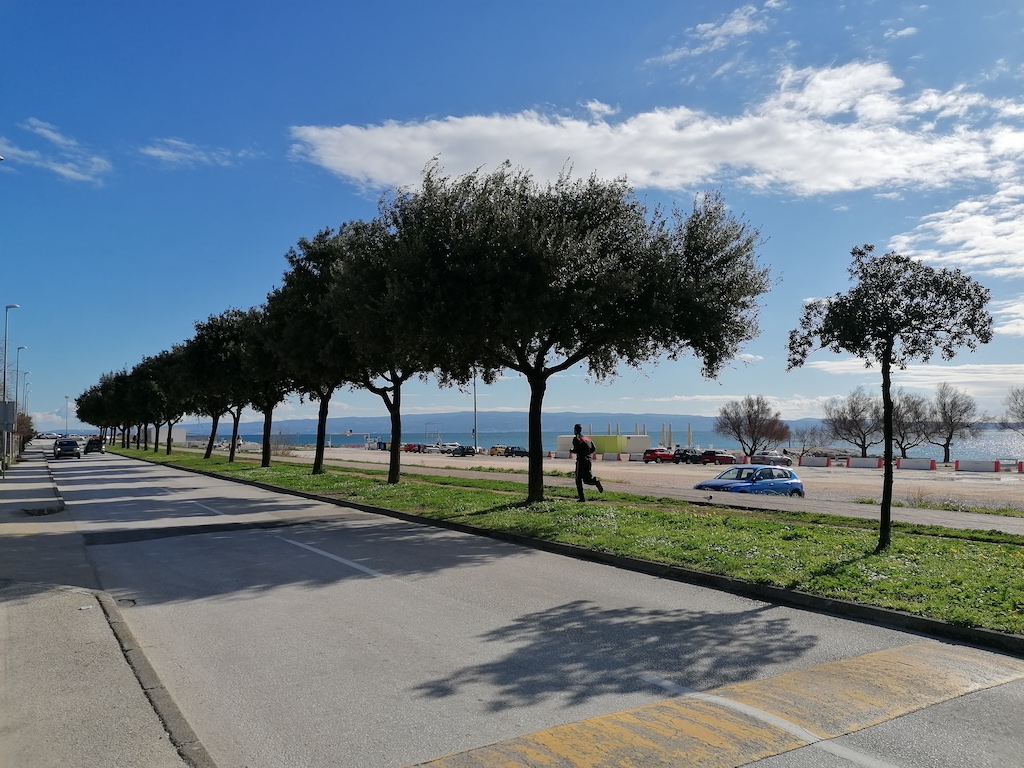
Other times we know from our sisters it was hotter in Moscow than in Split on 15 April or, for instance, on 18 May, i.e. about +31°C in Moscow versus +23°C in Split. But in general, during a Moscow spring, this kind of heat longs several days and in Split, it comes as stable warm weather. If you live here for a long period time, you’ll agree that it’s warmer here than in Russia!
I’ve never complained about the summer heat. For sure it’s taken easier here between a sea and mountains than in Moscow among skyscrapers. But for people from the northern regions of Russia, summer in Croatia is quite challenging. Dana shares that during summer in Zagreb, she rarely leaves the house before 6 pm, because it is 38°C outside. Fortunately, she works remotely.
Food and supermarkets
Food talk among us hasn’t identified anything special as well as problematic. A lack of plenty of dairy products we have in Russia probably contributed to Dana’s cultural shock as she’d just moved to Croatia. But as soon as she found that the Croatian item ‘svježi sir’ (fresh cheese) is quite similar to the cottage cheese we often eat for breakfast in Russia, it isn’t a problem anymore. Nellia who adheres to healthy food, was pleasantly surprised that in Split it costs less for her. She also had no difficulties finding components of her nutrition in local shops, like her favorite Russian grain ‘grechka’ (buckwheat) in the Tommy supermarket down the street, fresh vegetables at the open market, chicken sausages in the Purex shop close to the open market, etc.
We have a contentious relationship with the Croatian open market. From one side, even my first walk along its trading rows was very sobering. I started thinking about seasonal products again, I started favoring local products. When you live in a metropolis for a long time, you completely forget that salad with cucumbers and tomatoes is not really a winter dish. In Moscow, you have everything imported from everywhere year-round. On the other side, I can understand my friends from Zagreb who usually buy vegetables and fruits in the supermarket. If you live far from the open market, it probably won’t be a part of your routine. If you have a fixed schedule and work in the mornings, the open market is also not your sort of thing, because it closes early. Nellia and I are indeed fortunate to live in 5 minutes from the open market in Split.
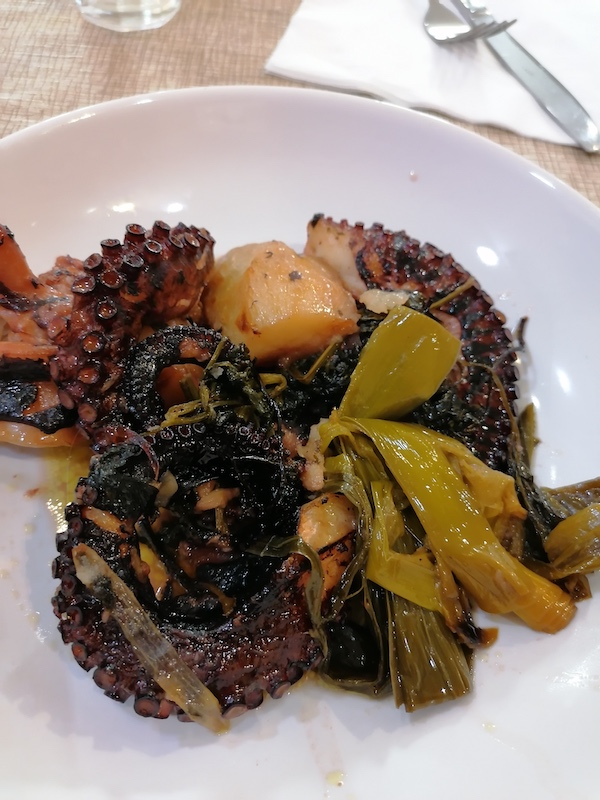
Concerning dishes and recipes, we are not really in Croatian cuisine. All of us work and cook for ourselves so that we prefer easy dishes which can be cooked fast. In fact, we’ve noticed that we began to cook more Russian dishes here than in Russia, because it just takes less time to cook what you’ve already cooked a hundred times. However, when we go to eat outside we always favor Balkan/Croatian/Dalmatian cuisine. We stand united in our love of ‘burek’ in everyday life. When we go to a restaurant or visit our Croatian friends, I’ve already got my TOP-3 favorite dishes: 1. ‘hobotnica ispod peke’, 2. ‘Dalmatinska pašticada’, 3. ‘bakalar na crveno’.
Coffee and cafes
A handbook for expats that our host organization sent to Nellia and me before we arrived in Split mentions: “Everywhere in Croatia coffee drinking is a ritual. In Split, it’s a way of life. In Split, people drink coffee 5 times a day,” said our supervisor as we just arrived. Therefore, the two of us were prepared for coffee drinking. Daria had been living in Serbia for a year before she moved to Croatia, so she also knew about the Balkan way of coffee. For Dana, it showed up unexpectedly. It had an especially strong effect in light of the fact that she doesn’t drink coffee at all. In Russia, we usually drink tea, although coffee consumption grows because of globalization.
Dana managed to find a solution. When they go to a cafe with friends, she orders hot chocolate in winter and orange juice in summer and likely tries to sip it slowly. “It sounds like a kind of stereotypical anecdote for my friends in Russia, however, it’s true. Once I saw a guy drink coffee for literally 3 hours!” Dana remembers. My observed record was about 2 hours of coffee drinking, but I know for sure that after it, my companion went to drink coffee with his colleague.
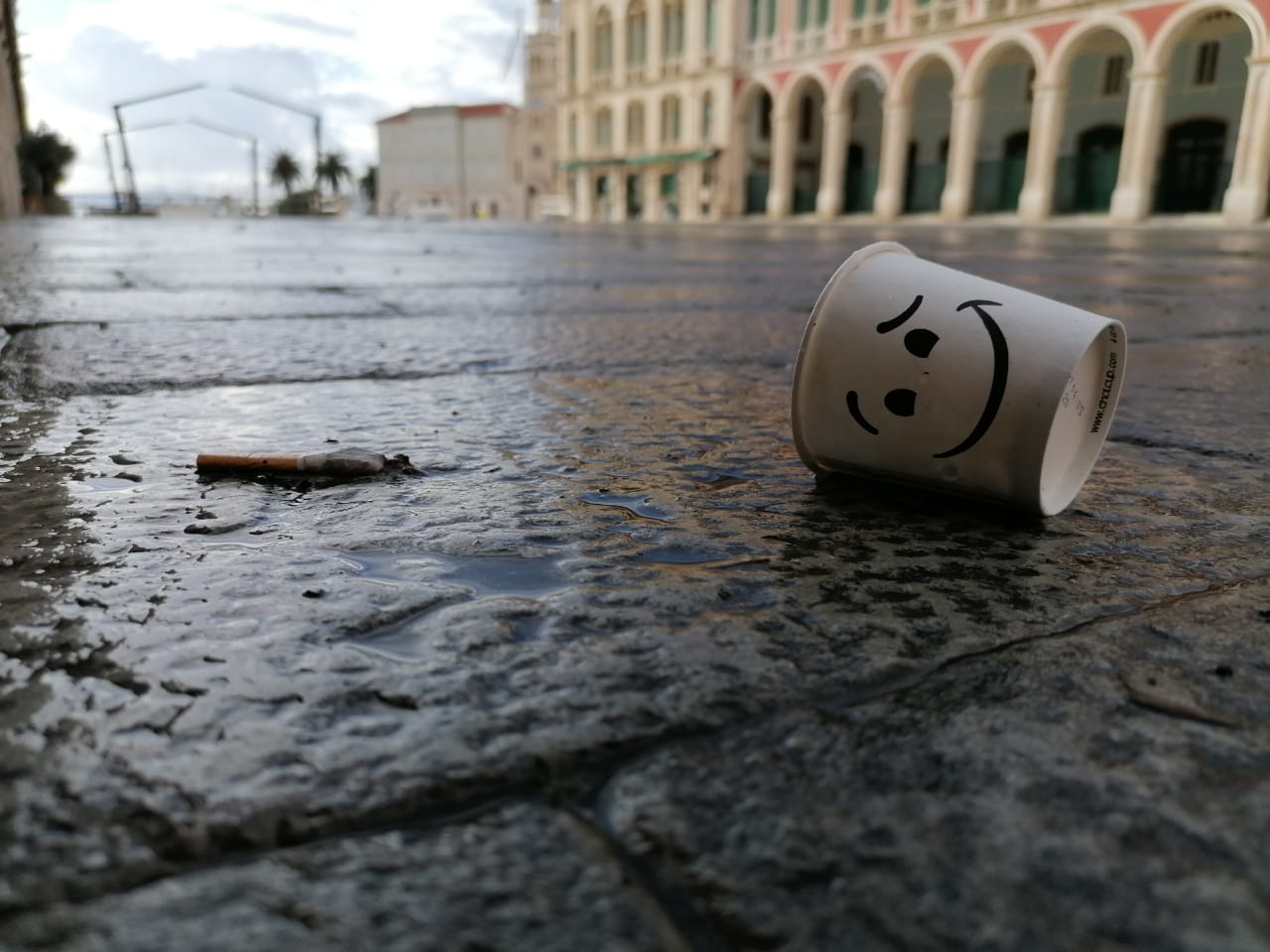
Seriously, we agree that coffee drinking is a charming and useful ritual. Daria shares that she likes to see the cafes full of people, even older people, as she goes to her office in Zagreb at 9.30 am. The remark about the older people is important because, in Russia, we don’t usually go to cafes or public places and in a way, they’re excluded from a part of social life. In Split, I really enjoyed how coffee rituals survived quarantine. People just took coffee to go and sat on the Riva. Actually, on Monday morning, there were so many people drinking coffee close to the sea as if nobody was working in this city.
Being a bit picky,, we’d say that there are many more trendy cafes in Moscow and Saint-Petersburg. There are cafes with a concept, cozy lights, interior design, a variety of sorts and methods for preparing coffee (machines, Chemex, cezve, etc.), plenty of amazing desserts that are perfectly matched with coffee. We don’t lack it a lot, but in our opinion, it’d be a great growth zone. We want dessert!
Housing and household
We avoided a majority of housing problems because our organizations rent apartments and pay housing and communal services for us. For Nellia and me, the biggest discomfort was an absence of central heating during the winter. In Russia, we are used to heating inside the apartment, because the energy is cheap and the communal service works well. I used to wear only lingerie in my apartment in winter. And here in Split, I wore two t-shirts, a sweater or pullover. I slept under three blankets. Meanwhile, I never felt cold outside, because the winter in Split is warmer than in Moscow. The problem was that we lived in an old house, the only source of heating was the air conditioner in the room working 20/24 hours a day. We turned it off for 4 hours only to give it a technical break.
Split is a tourist city and quite often, an apartment owner asks you to leave at the very beginning of the tourist season, because they prefer to rent accommodation to tourists every day than to residents per month. It just brings more income. We were warned in advance, but anyway, moving from one flat to another creates some temporary inconvenience. A matter common for Zagreb and Split is that if you’re one or two, it’s much easier to find an apartment, than if you’re a 4-5-6 group and everybody needs some private space.
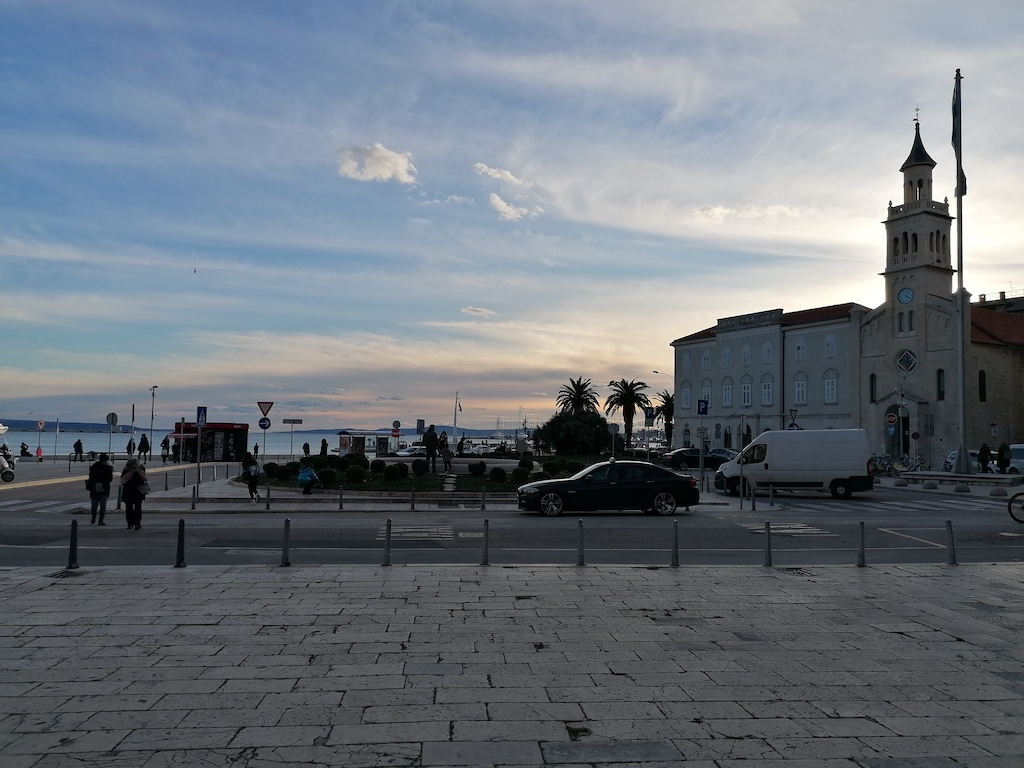
As for the household, we didn’t meet any obstacles to find and buy things we needed. One funny story happened to me as I was buying a ‘French press’. In my family, we always used this kind of press pot to brew tea. I mean to brew tea for a whole family, whereas for one person it’s usually done in a cup. My mom’s sent me Russian winter biscuits and a bag of herbal tea. Then I needed French press to brew the herbs and offer them to everybody in my community here. So, I went to the hardware shop nearby, I bought a French press and went back home. Then I realised that it didn’t hold a piston in the upper position and went back to the shop to exchange it.
“I would like to exchange it because it doesn’t work,” I said. “How is it possible that it doesn’t work? How does it actually work?” the seller wondered. “What is this thing intended for?” a second seller added to the conversation. “I know how it works, let me try!” a sales consultant shouted from the opposite side of the room and ran to us. For several minutes I’ve got a feeling that I’m not in southern Europe among the other Slavic nation who looks and speaks quite similar to my nation. I’ve felt like I’m among the indigenous people of Patagonia with whom I don’t have much in common, and I’ve just re-invented the French press for them, thus they are now surprised and excited at the same time. In the end, all together we checked the boxes with French presses in the shop and looked for a stable piston in the upper position. I came out of the shop with the best working French press!
Services
First and foremost, our pain is mobile service and the Internet. It costs me here double more money (67-75 kn) than in Russia (~30 kn) for 200 minutes and 10 GB a month. While it’s cheaper than the average Croatian pays, we have to use a kinda lifehack – we change SIM cards every month. Daria found this way first and then shared information with Nellia and me, otherwise, we’d pay three times more than in Russia. My boss kids with me that I’m a secret service agent every time I send him my new number. Dana adds that it’s also annoying to buy ‘bonovi’ for the mobile account in the stores and pay commission, whilst you can do it online and without commission through your bank’s mobile app in Russia.
Two of us had an experience with Croatian Post as we were waiting for our packages from Russia. From the Russian side, we have total trackability, we can watch it in the app of Russian Post. From the Croatian side, there isn’t such trackability. Daria’s parents forgot to put the number of the house on the package. As a result, Daria spent significant amounts of time trying to get her package from the local post office, sorting center, and Croatian customs. “The matter was, for instance, that once I asked different post officers in the same post office, they gave me contradicting info,” Daria explains. It looked like there is no central informational system where every officer can check the info need.
Nellia and I consulted a lot with our local friends, but finally, we couldn’t find a good beauty service for an affordable cost. Dana was the one who tried our medical insurance, and it worked nicely in Zagreb: there weren’t queues, the doctors spoke fluent English. Daria probably uses delivery services more often than us, so we agree with her that it works and costs almost the same as in Russian cities.
Travelling and entertainment
Our concepts of travelling while you’re based in Croatia differentiate a lot. The reason is that Dana had arrived before the Ccovid-19 pandemic began, and the rest of us came between the first and second waves of quarantine. “Well, travelling… I’ve been to Italy three times, several times to Vienna, once to Slovenia, to Serbia and Montenegro,” Dana enumerates quietly as I ask her about travelling. I listened to her with my mouth wide open. From now it’s complicated to imagine such freedom of travel without PCR tests and self-isolation. However, it seems according to Dana that in normal times, Zagreb is a good base to be near to these timeless popular travel destinations like Vienna and Venice.
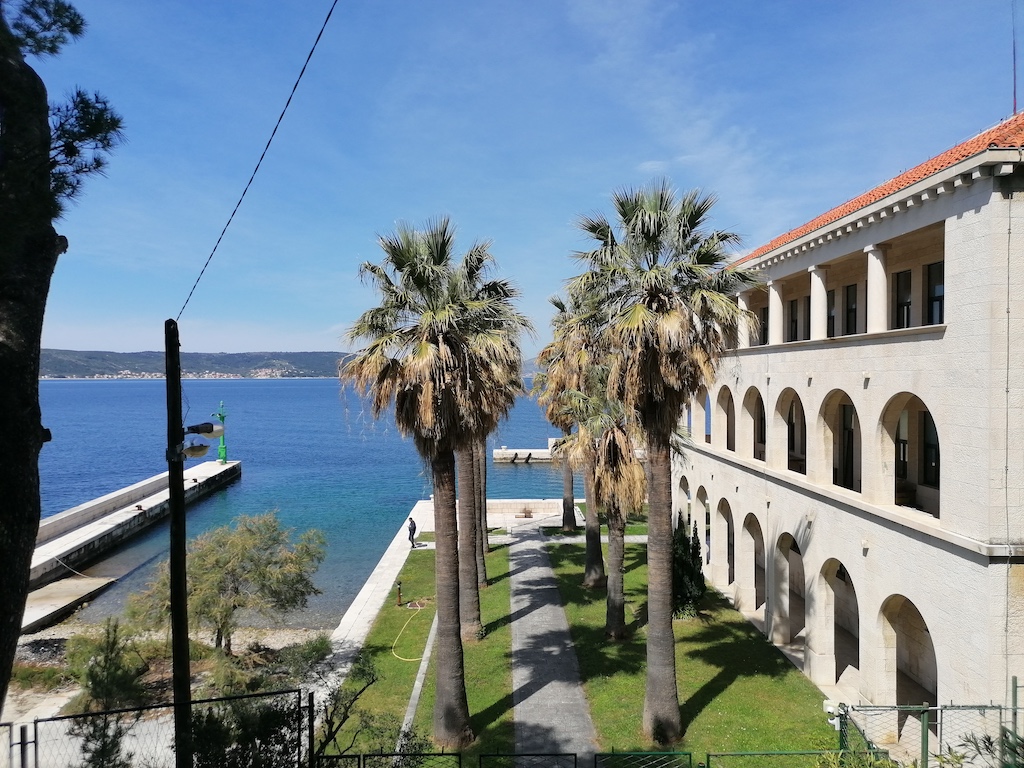
When I arrived in Split at the end of November, it sounded impossible even to go to Bosnia and Hercegovina. Quarantine challenged us, but eventually, we’re grateful to it. We’ve had so many amazing trips around the country, we’ve seen fantastic views we’d never visit otherwise. I was impressed by the winter trip to Knin and to the source of the Cetina river. Nellia experienced a true authentic Dalmatian dinner and family atmosphere at her friend’s house in Omiš. Together we discovered Dalmatian islands, and actually, I don’t know what activity could be better. Daria would be a good promoting agent for Sljeme for everybody who asks about interesting destinations in the vicinity of Zagreb. She also could perplex even some locals telling about her hiking on Zeleni vir near Varaždin.
There was more entertainment before Covid as well. Dana managed to go to dancing classes in Zagreb. Although she didn’t find classes of her favorite ‘jazz funk’ style she practiced in Saint-Petersburg, her Croatian friend introduced her to partner dancing and she liked it. To date, I’ve abandoned dancing, because all the classes were closed. Our experience with movies is quite similar in Zagreb and Split. We prefer old movie theaters – as Tuškanac or Zlatna vrata, which shows timeless classic and independent movies. There is a wide-ranging and international programme there. Tickets are cheaper than in Moscow or the usual cinema situated in some shopping mall here.
Daria warns expats about choosing a movie where the action happens in some highly cross-cultural circumstances as in ‘The Mauritanian’ she watched recently. The matter is that the original movie is in English, but in some moments characters speak their mother languages like French, etc. And in such moments you cannot understand anything, because all the subtitles are given in Croatian. However, this is not the majority, and movies in Croatia are very friendly to the non-Croatian-speaking public.
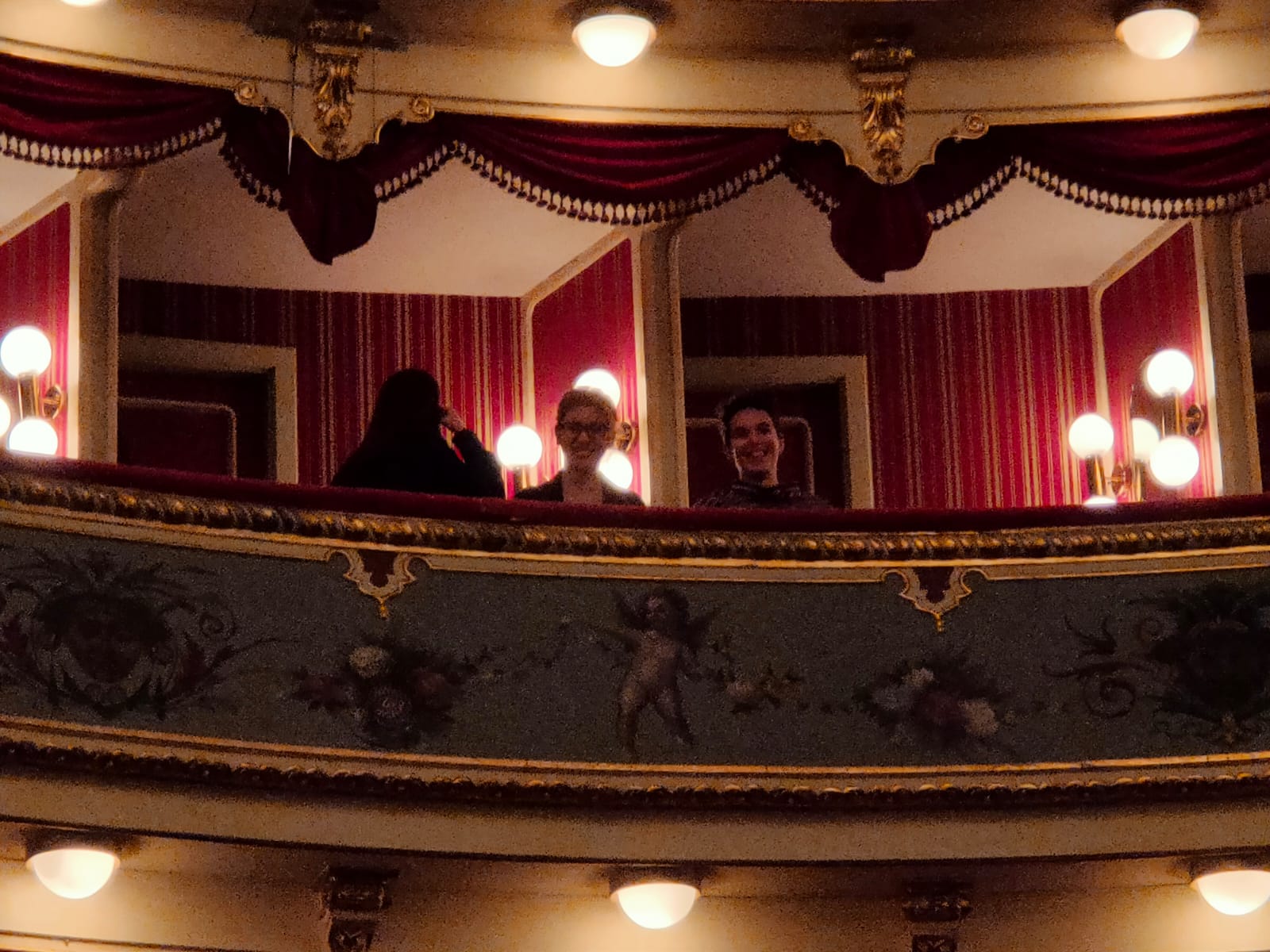
The situation is the opposite in the classic theaters. Shows are mostly in Croatian. Daria speaks Croatian, therefore she goes to a theater in Zagreb at least once a month. Meanwhile, we agree that if you’re this Russian ‘theater-goer’, you’ll for sure understand a plot, because our languages and repertoires intersect enough. So that, in this sphere being expat from other Slavic counties is an advantage. Another advantage is having a Croatian friend who will advise in choosing the show, because to manage it by yourself is not so easy.
Our Croatian friend from Split who studies in Zagreb said to us that theater is much better in Zagreb than in Split. Thus, we don’t go to the theater in Split. In fact, with Nellia we tried the Swan Lake ballet at HNK (Croatian national theater) in Split. It was… I’m going to put this as delicately as I know-how, not what we expected to see with our Russian-classic-world-famous-ballet background! Here a ballet is a less disciplined and more relaxed art that is closer to modern styles of pop dancing.
Integration in the community
Since we went to Croatia through an EU-programme, our community from the very beginning consists mostly of expats. Of course, we communicate with a lot of Croatians at work. While quarantine measures are still in place, we meet Croatians not only at work, thus, I’d say now our community is mixed. We’d never tried purposely to find Russians here. Thanks to the programme, each of us have one Russian-speaking friend: I have Nellia, Daria and Dana had their friends from Ukraine and Belarus accordingly. Several times we met Russians, just for small talk. The fact is that we don’t really need it much. We enjoy our international community. We’ve met a lot from the intercultural exchange. However, if we’d fancy it, it wouldn’t be a problem to find a Russian community. Russian shop ‘Ruske delicije’ is situated in the center of Zagreb. You can always ask for Russians there. If you’re used to social networks, it’s even easier – a search on Facebook groups and Instagram hashtags works perfectly.
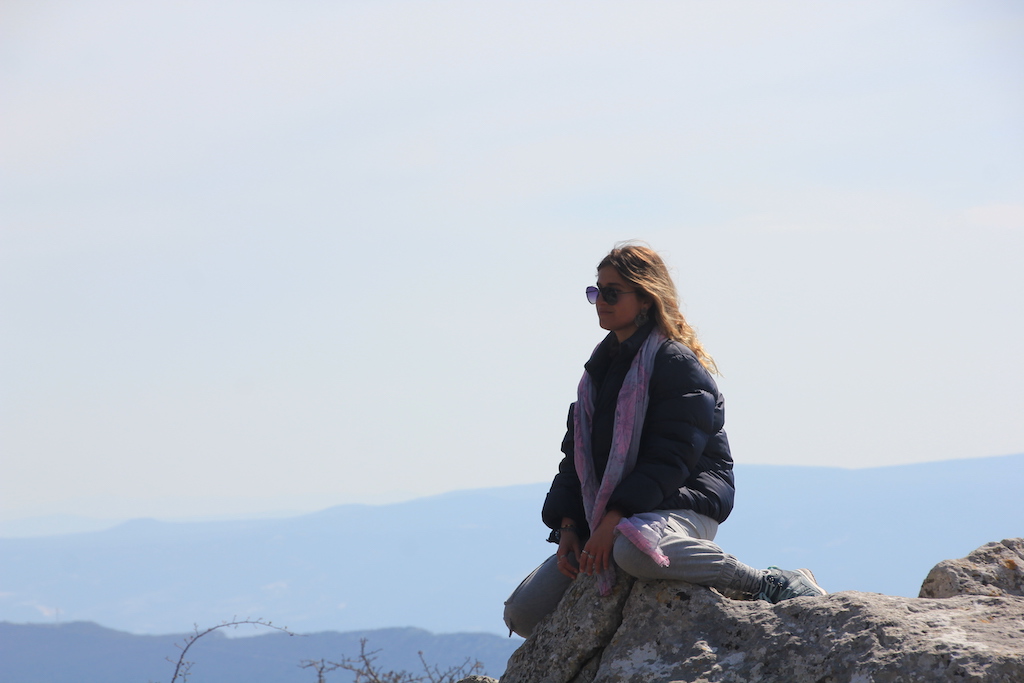
Half of us came here with knowledge of the Croatian language and definitely improved it with everyday practice. Half started to learn on the ground and reached a significant level of comprehension. For sure, it’s easier to learn Croatian if you speak some Slavic language. When Nellia doesn’t remember any word in Croatian, she just says the Russian word instead of it, and it often helps. However, Nellia and Dana recognise that we’re not really motivated to bone up Croatian, as far as almost everybody in Zagreb and Split speaks English. I understand them. Only once I observed a seller who didn’t speak English, it was in a sewing store – certainly not popular among tourists and foreigners! Nevertheless, I agree with Daria that if you plan to stay here for a long time, it worth learning some Croatian.
Pomalo
‘Pomalo’ that is a part of local mentality and a Croatian word for ‘take it easy, ‘hello’, ‘how are you, ‘i’m fine, ‘I’ll do it tomorrow’ affected our attitude to life. When Dana arrived in Saint-Petersburg after a year in Croatia, she noticed she became more patient seeing lines in the metro or people smoking in the corridors of the metro. Meanwhile, she supposes that Petersburg encourages initiative and entrepreneurship more than Zagreb, the lifestyle there is more dynamic. Nellia and I as well can barely imagine our years of hard studying and hard-working in the atmosphere of ‘fjaka’ (a Croatian word for siesta that can last infinitely) and ‘pomalo’. But whereas we’ve already passed this hard period of life Moscow, we enjoy every morning in Split.
For more on travel in Croatia, follow TCN’s dedicated page.

